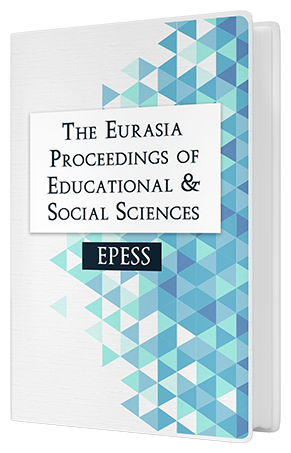Researching the Alcoholic Fermentation in Primary School Laboratory
Keywords:
Research assignment in primary school, Alcoholic fermentation, Experimental workAbstract
Research in primary school has recently become a hot topic and is gaining a foremost position among the educational goals and objectives in primary education. Thus a responsible contemporary teacher of a natural science subject enables the student to get to know research work, which means that he or she guides them – through quality mentoring – through the methodology of writing a research paper, which is basically the same at all levels of the educational system, differing only in the complexity of the set research problem. At the same time, a teacher mentor should find pleasure in doing research work with their students, andregard that as an opportunity to make their work more interesting and to enhance their own knowledge. At our primary school we decided to actively integrate students into research work. The article presents a research assignment in which students in the final year of primary school (age 14-15) researched the question of what happens to apple juice of different sorts of apples before and after alcoholic fermentation. We tried to find out whether the sort of apples and the amount of sugar in apple juice affect the process of alcoholic fermentation. During experimental work, we took notes and gathered data on the amount of sugar in juice and the temperature changes that occur during alcoholic fermentation, which we measured by using a Vernier interface.Downloads
Published
Issue
Section
License
Copyright (c) 2018 The Eurasia Proceedings of Educational and Social Sciences

This work is licensed under a Creative Commons Attribution-NonCommercial-ShareAlike 4.0 International License.
The articles may be used for research, teaching, and private study purposes. Any substantial or systematic reproduction, redistribution, reselling, loan, sub-licensing, systematic supply, or distribution in any form to anyone is expressly forbidden. Authors alone are responsible for the contents of their articles. The journal owns the copyright of the articles. The publisher shall not be liable for any loss, actions, claims, proceedings, demand, or costs or damages whatsoever or howsoever caused arising directly or indirectly in connection with or arising out of the use of the research material. All authors are requested to disclose any actual or potential conflict of interest including any financial, personal or other relationships with other people or organizations regarding the submitted work.




